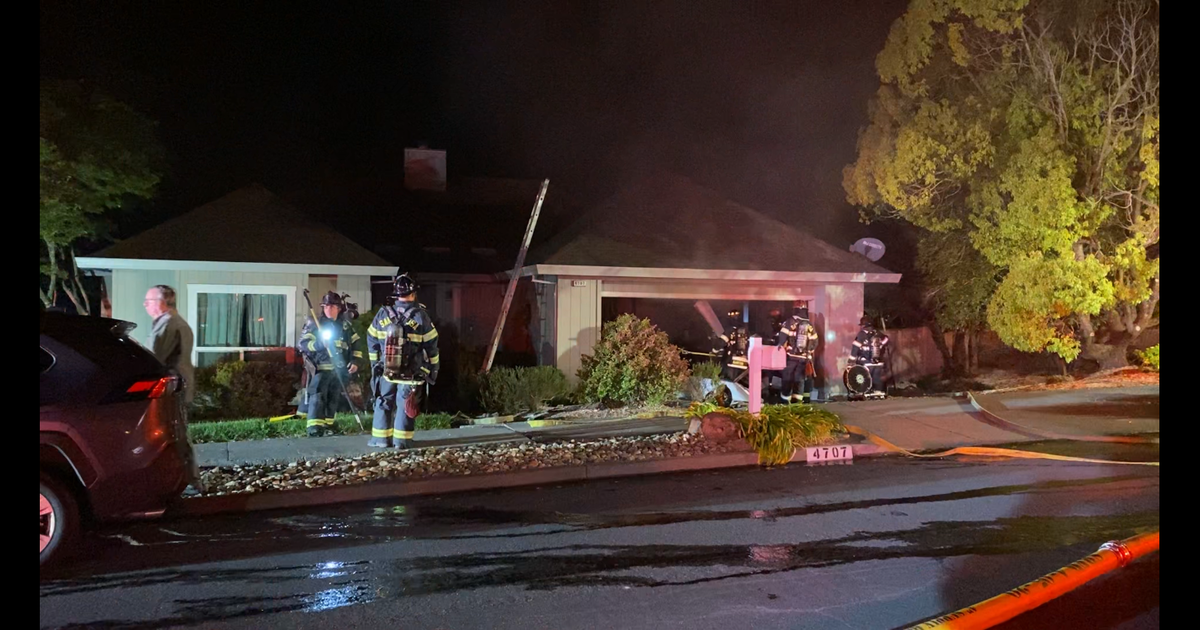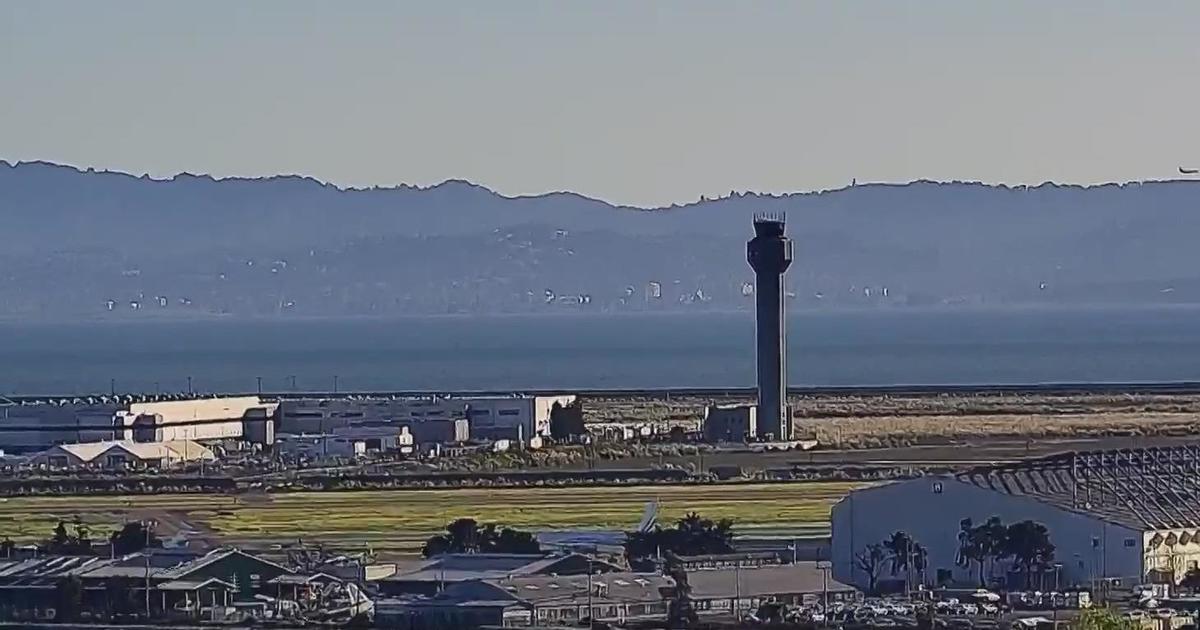Bay Area Researchers Say Experimental Coronavirus Treatment Comes With Risks for President
SAN FRANCISCO (KPIX) -- Among the treatments for COVID-19 that President Trump received Friday is an experimental antibody drug that is being tested in 70 locations in the United States, including the Bay Area.
One of those clinical trials for the antibody cocktail produced by Regeneron is being conducted at Stanford. The trial is looking at whether this drug can prevent the disease from becoming deadly.
Even before he was checked-in to Walter Reed Medical Center on Friday afternoon, President Trump had received aggressive treatment at the White House. According to his physician, Dr. Sean Conley, the president got a single 8-gram dose of the antiviral drug through an IV. The treatment is aimed at stopping the disease from progressing by neutralizing the virus.
"On average, people who got the infusion of antibodies got better in half the time than the people who didn't get them," said Dr. Yvonne Maldonado.
So far, 275 patients have gone through the clinical trial but more will have to be done to get FDA approval. Whether the treatment will work for the president is still unknown. Doctors say it takes about three to five days from the date of exposure to get sick.
"The odds are not looking good for him as far as the progression of disease and I would imagine he might need oxygen at some point," Dr. Maldonado said.
Dr. Maldonado added that only 20% of those infected go to the hospital, with most of those patients falling in the high-risk category. She points out that Mr. Trump is over the age of 65, obese and has high cholesterol.
"The majority (of high-risk patients) is over 65 and the majority also have more than one underlying condition, he has three," said Dr. Maldonado.
While there are more than a dozen positive COVID-19 cases now among those who attended the Supreme Court nomination event on Saturday, epidemiologist Art Reingold thinks it may be too early to get a full picture of the spread. Dr. Reingold says this is a reminder of how important it is to mask up and social distance.
"The fact that we have public officials continuing to engage in this behavior means they basically think this is all a hoax," Dr. Reingold said.
Since the treatment has not been approved by the FDA, most patients would have to be admitted to a clinical trial or would need to apply though the compassionate use program to get the antiviral drug.



